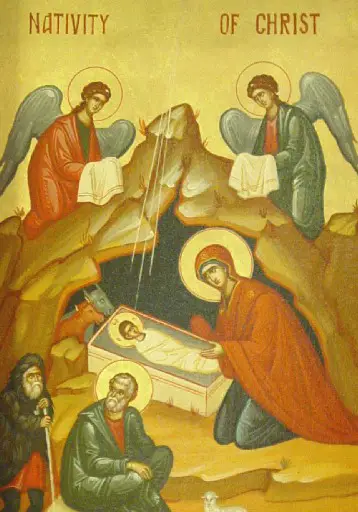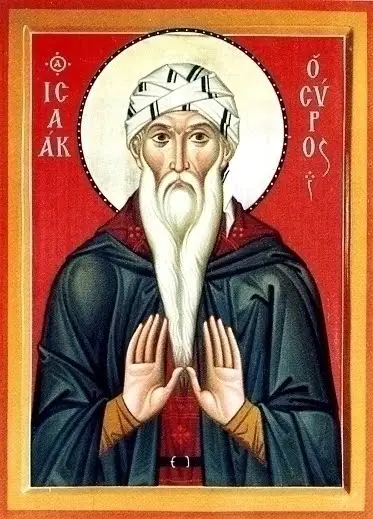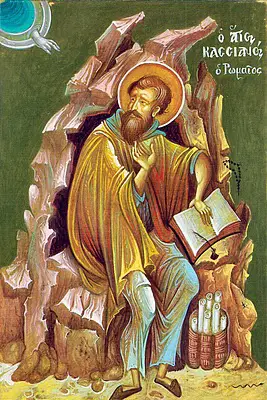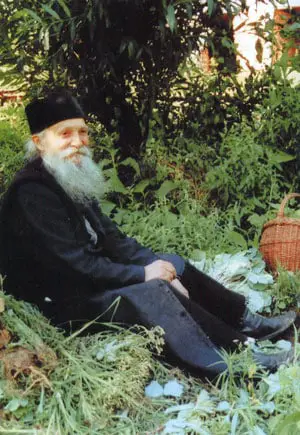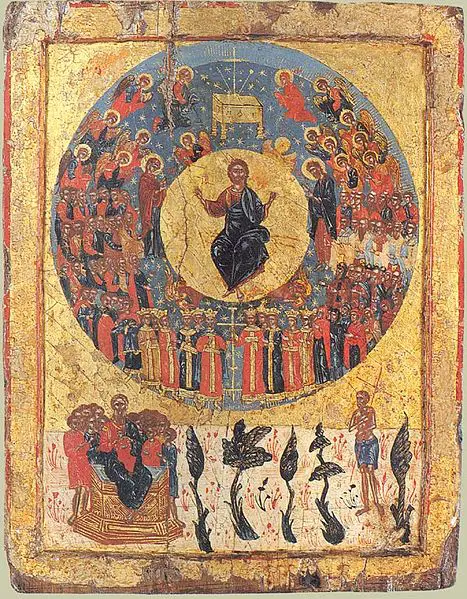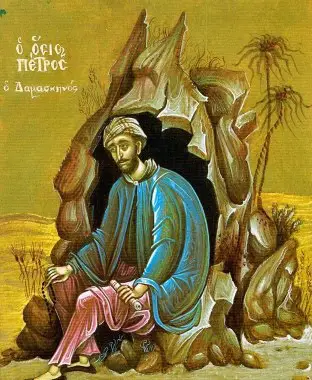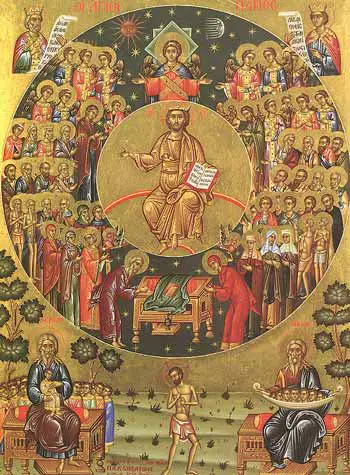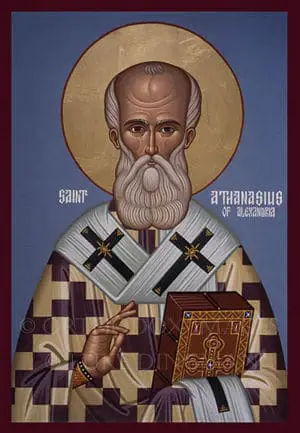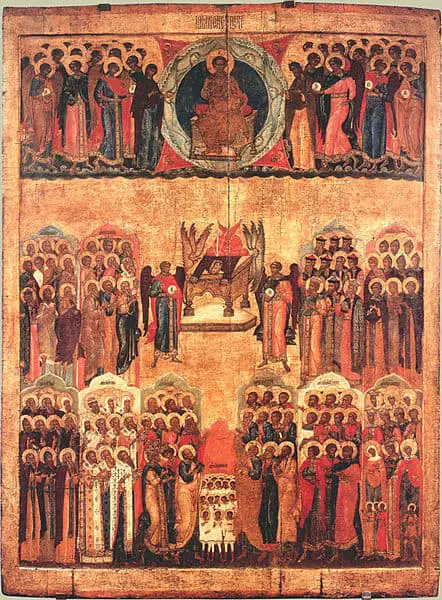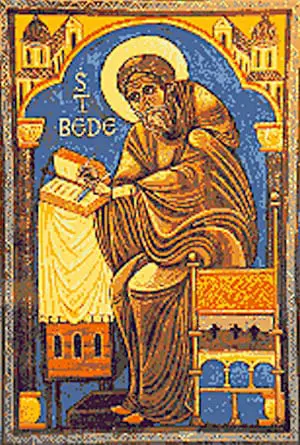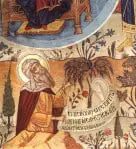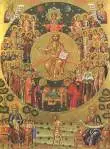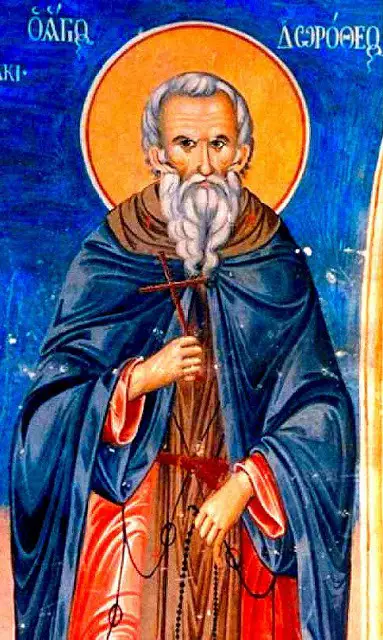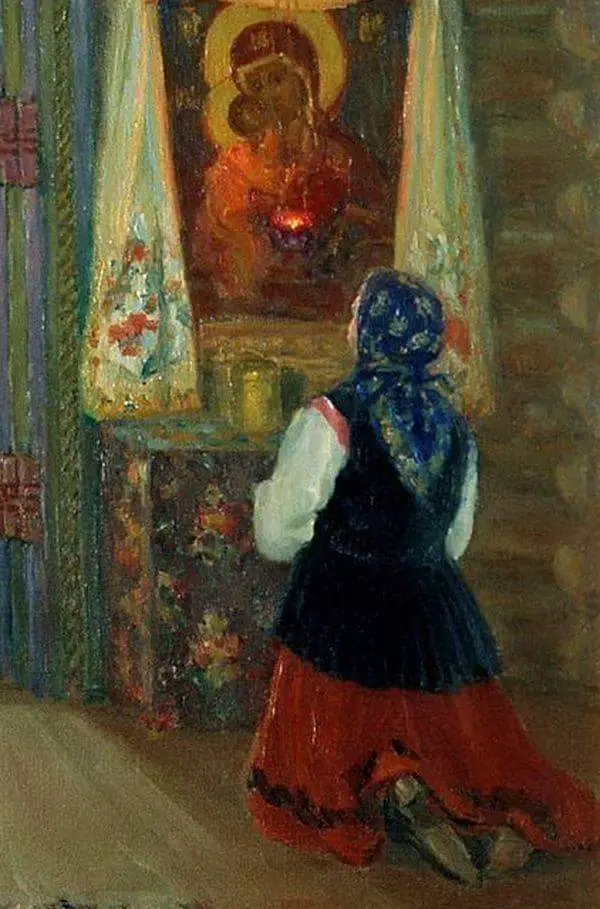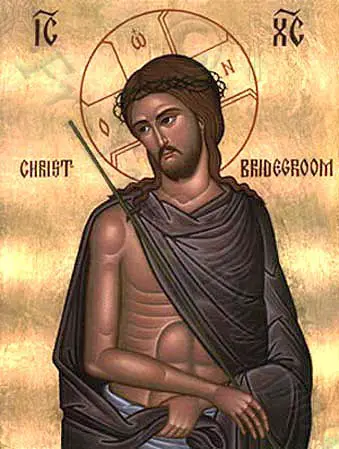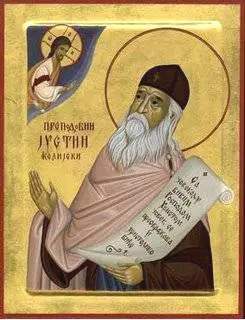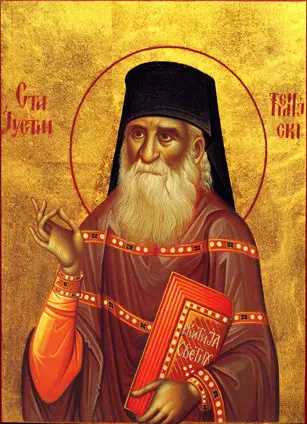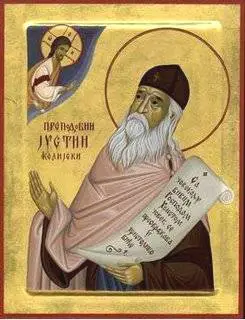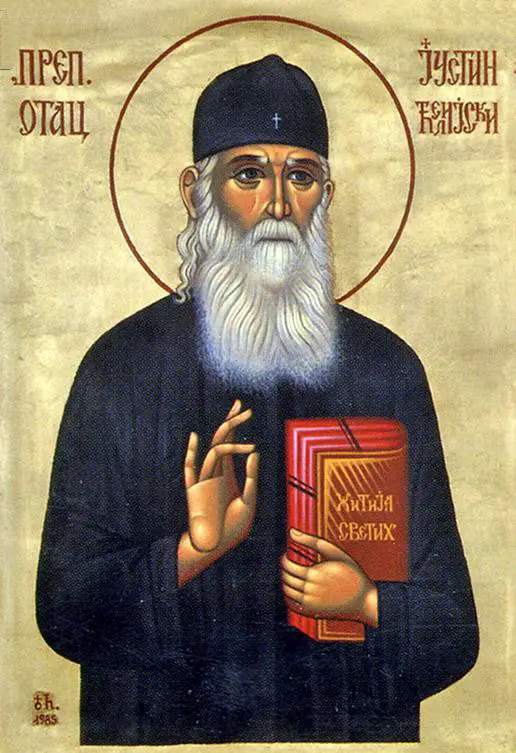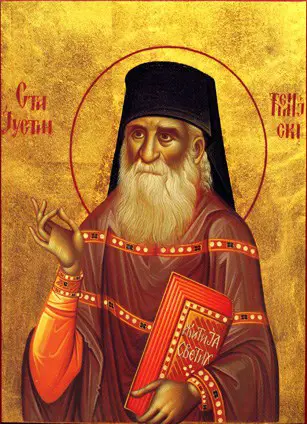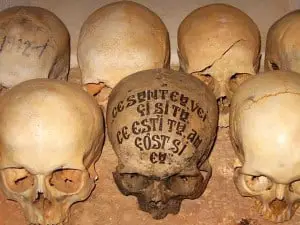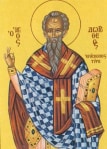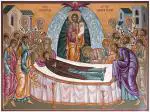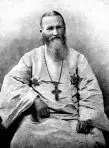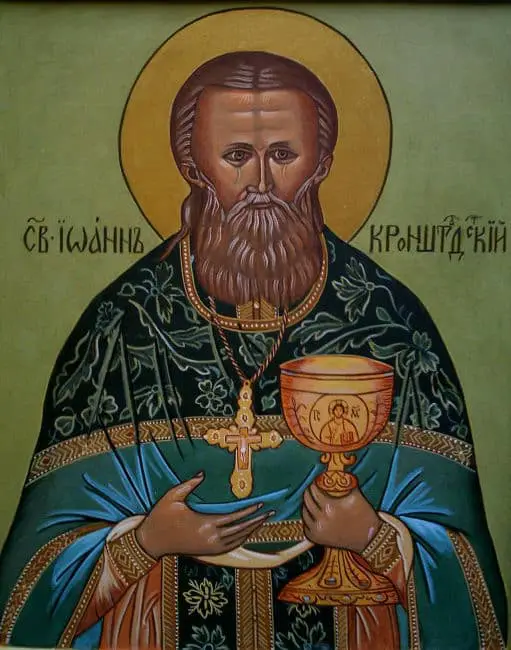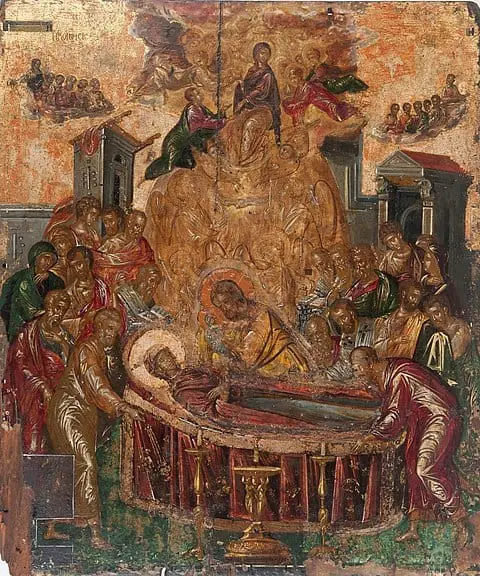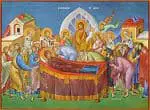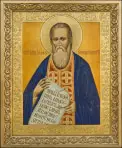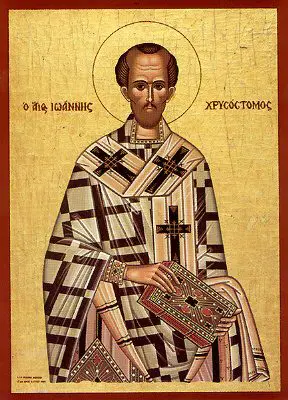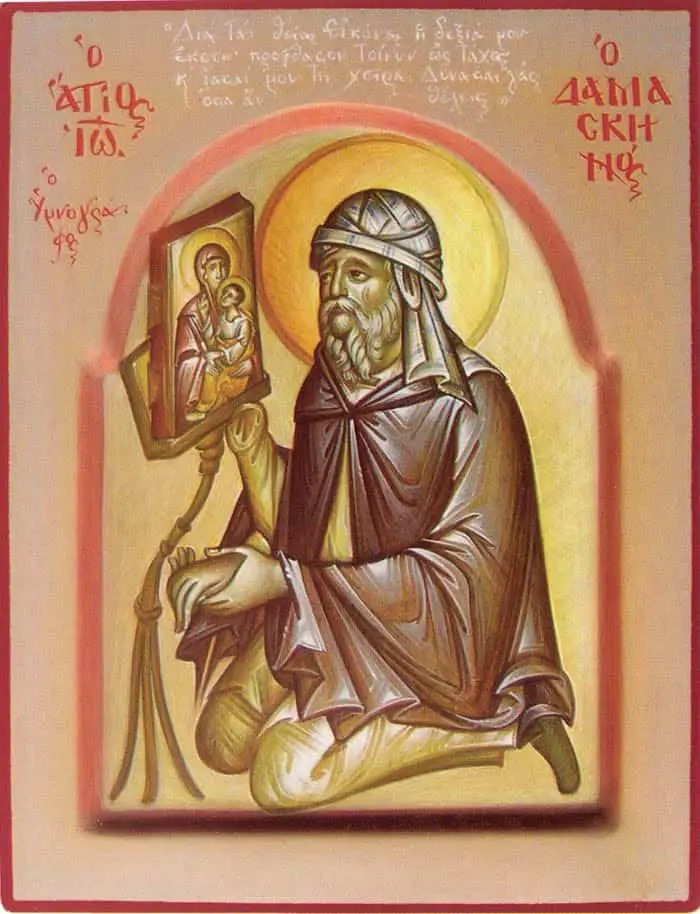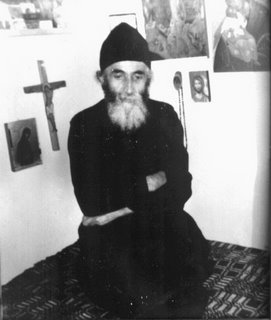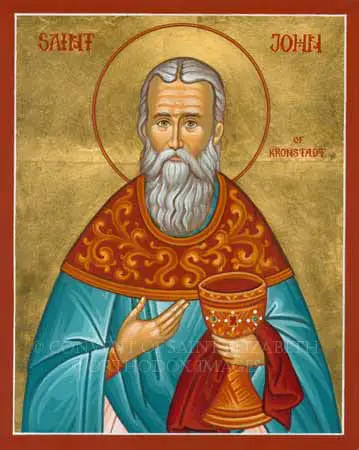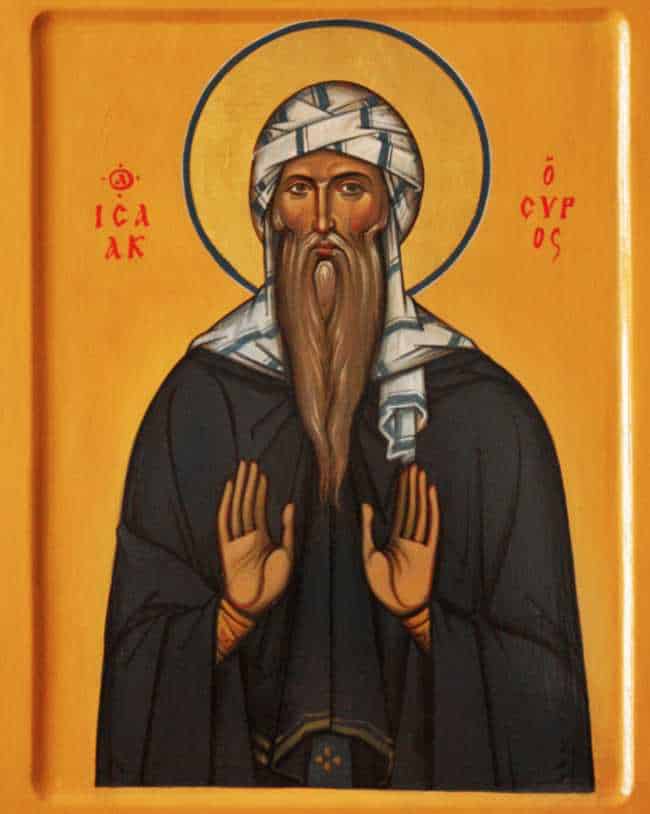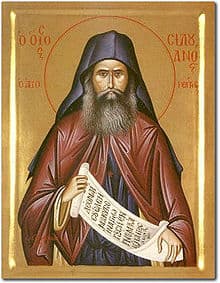In them [the Lives of the Saints] it is clearly and obviously demonstrated: There is no spiritual death from which one cannot be resurrected by the Divine power of the risen and ascended Lord Christ; there is no torment, there is no misfortune, there is no misery, there is no suffering which the Lord will not change either gradually or all at once into quite, compunctionate joy because of faith in Him. And again there are countless soul-stirring examples of how a sinner becomes a righteous man in the lives of the Saints: how a thief, a fornicator, a drunkard, a sensualist, a murderer, and adulterer becomes a holy man─there are many, many example of this in the Lives of the Saints; how a selfish egoistical, unbelieving, atheistic, proud, avaricious, lustful, evil, wicked, depraved, angry, spiteful, quarrelsome, malicious, envious, malevolent, boastful, vainglorious, unmerciful, gluttonous man becomes a man of God─there are many, many example of this in the Lives of the Saints
By the same token in the Lives of the Saints there are very many marvelous examples of how a youth becomes a holy youth, a maiden becomes a holy maiden, an old man becomes a holy old man, how an old woman becomes a holy old woman, how a child becomes a holy child, how parents become holy parents, how a son becomes a holy son, how a daughter becomes a holy daughter, how a family becomes a holy family, how a community becomes a holy community, how a priest becomes a holy priest, how a bishop becomes a holy bishop, how a shepherd becomes a holy shepherd, how a peasant becomes a holy peasant, how an emperor becomes a holy emperor, how a cowherd becomes a holy cowherd, how a worker becomes a holy worker, how a judge becomes a holy judge, how a teacher becomes a holy teacher, how an instructor becomes a holy instructor, how a soldier becomes holy soldier, how an officer becomes a holy officer, how a ruler becomes a holy ruler, how a scribe becomes a holy scribe, how a merchant becomes a holy merchant, how a monk becomes a holy monk, how an architect becomes a holy architect, how a doctor becomes a holy doctor, how a tax collector becomes a holy tax collector, how a pupil becomes a holy pupil, how an artisan becomes holy artisan, how a philosopher becomes a holy philosopher, how a scientist becomes a holy scientist, how a statesman becomes a holy statesman, how a minister becomes a holy minister, how a poor man becomes a holy poor man, how a rich man becomes a holy rich man, how a slave becomes a holy slave, how a master becomes a holy master, how a married couple becomes a holy married couple, how an author becomes a holy author, how an artist becomes a holy artist. . .
— St. Justin Popovich, Orthodox Faith & Life in Christ, “Introduction to the Lives of the Saints”
